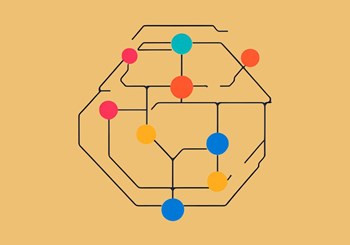The Framework – Level 7 – Advanced Clinical Nurse Specialist

Level 7 – Advanced Clinical Nurse Specialist
Core Competency 1: Specialist Knowledge
Core Competency 2: History Taking, Clinical Assessment and Investigation
Core Competency 3: Analysing Data in the Diagnosis Process
Core Competency 4: Treatment and Care
Core Competency 5: Co-ordination of Care
Core Competency 6: Expert Specialist Resource
Core Competency 7: Facilitation of Learning
The framework has a section for each level of practice on level 5, level 6 and level 7. The role and responsibility of staff at each level is described along with relevant qualifications and experience. The knowledge, skills, and behaviours (KSBs) are then described for the clinical pillar of practice.
For core KSBs for each pillar of practice, please refer to the NMAHP Development Framework

Level 7 – Advanced Clinical Nurse Specialist
Core Competency 1: Specialist Knowledge
Core Competency 2: History Taking, Clinical Assessment and Investigation
Core Competency 3: Analysing Data in the Diagnosis Process
Core Competency 4: Treatment and Care
Core Competency 5: Co-ordination of Care
Core Competency 6: Expert Specialist Resource
Core Competency 7: Facilitation of Learning
